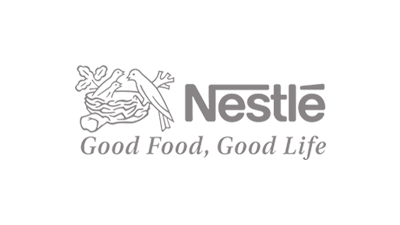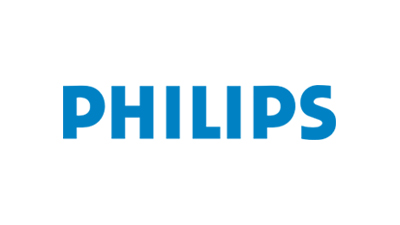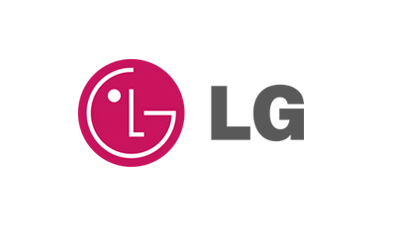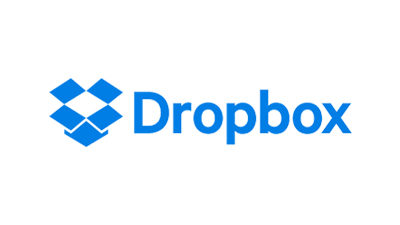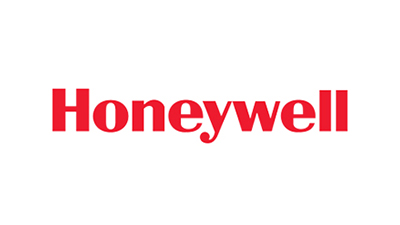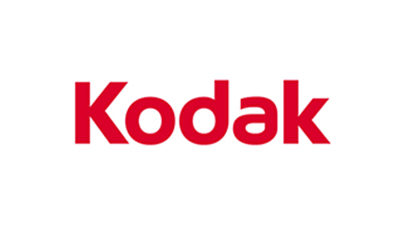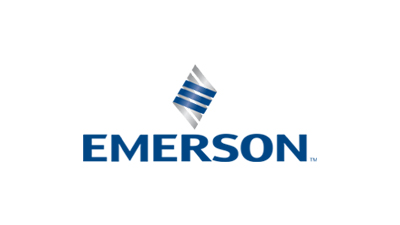This report studies the global Monoclonal Mouse Antibody market size, industry status and forecast, competition landscape and growth opportunity. This research report categorizes the global Monoclonal Mouse Antibody market by companies, region, type and end-use industry. Monoclonal Antibodies (IgMs) are antibodies that are made by identical immune cells, cloned from a single parent cell. They are therefore of constant structure and bind to the same foreign markers (called ?antigens?). The technology behind the generation of monoclonal antibodies was discovered in 1972 by C?sar Milstein and Georges K?hler ? scientists at the Roche-funded Basel Institute for Immunology ? who were later to win the Nobel Prize. Monoclonal antibodies revolutionized biological research and built the basis for the use of therapeutic antibodies in medicine and for the entire biotechnology industry. For antibody discovery, mice are one of the most important sources. They produce similar antibody isotypes with human, including IgA, IgD, IgE, IgG and IgM. Compared with the subclasses of human antibody isotypes, mice contain only one IgA class and the IgG subclasses are known as IgG1, IgG2a, IgG2b and IgG3. In addition, laboratory mice can induce a good immune response to a great range of antigens, even those highly homological human proteins. Moreover, some treatments that unacceptable for humans can also be aboveboard applied for mice with results which are analogous to that from humans. Therefore, the development of mouse monoclonal antibodies is a common choice for a variety of therapeutics and pathology researches. Up to now, the rapid development of therapeutic antibody in the pharmaceutical industry has enabled the mice to play an important role in both monoclonal antibodies discovery and the pre-clinical assessment. The key players are Roche, Johnson & Johnson, Merck, Novartis, AbbVie, Amgen, Pfizer, Bayer, Lilly, Bristol-Myers Squibb, GlaxoSmithKline, Biogen, AstraZeneca, Sanofi, Alexion Pharmaceuticals, Seattle Genetics and so on. The leading companies own the advantages on better performance, more abundant product?s types, better technical and impeccable after-sales service. Consequently, they take the majority of the market share of high-end market. Looking to the future years, the slow downward price trend in recent years will maintain. As competition intensifies, prices gap between different brands will go narrowing. Similarly, there will be fluctuation in gross margin. In 2017, the global Monoclonal Mouse Antibody market size was 7330 million US$ and it is expected to reach 11200 million US$ by the end of 2025, with a CAGR of 5.4% during 2018-2025. This report focuses on the global top players, covered Roche Johnson & Johnson Merck Novartis AbbVie Amgen Pfizer Bayer Lilly Bristol-Myers Squibb GlaxoSmithKline Biogen AstraZeneca Sanofi Alexion Pharmaceuticals Seattle Genetics Market segment by Regions/Countries, this report covers United States Europe China Japan Southeast Asia India Market segment by Type, the product can be split into IgM IgG IgA Other Market segment by Application, split into Therapeutic Research Diagnostic The study objectives of this report are: To study and forecast the market size of Monoclonal Mouse Antibody in global market. To analyze the global key players, SWOT analysis, value and global market share for top players. To define, describe and forecast the market by type, end use and region. To analyze and compare the market status and forecast between China and major regions, namely, United States, Europe, China, Japan, Southeast Asia, India and Rest of World. To analyze the global key regions market potential and advantage, opportunity and challenge, restraints and risks. To identify significant trends and factors driving or inhibiting the market growth. To analyze the opportunities in the market for stakeholders by identifying the high growth segments. To strategically analyze each submarket with respect to individual growth trend and their contribution to the market To analyze competitive developments such as expansions, agreements, new product launches, and acquisitions in the market To strategically profile the key players and comprehensively analyze their growth strategies. In this study, the years considered to estimate the market size of Monoclonal Mouse Antibody are as follows: History Year: 2013-2017 Base Year: 2017 Estimated Year: 2018 Forecast Year 2018 to 2025 For the data information by region, company, type and application, 2017 is considered as the base year. Whenever data information was unavailable for the base year, the prior year has been considered. Key Stakeholders Monoclonal Mouse Antibody Manufacturers Monoclonal Mouse Antibody Distributors/Traders/Wholesalers Monoclonal Mouse Antibody Subcomponent Manufacturers Industry Association Downstream Vendors Available Customizations With the given market data, QYResearch offers customizations according to the company's specific needs. The following customization options are available for the report: Regional and country-level analysis of the Monoclonal Mouse Antibody market, by end-use. Detailed analysis and profiles of additional market players.
Table of Contents Global Monoclonal Mouse Antibody Market Size, Status and Forecast 2025 1 Industry Overview of Monoclonal Mouse Antibody 1.1 Monoclonal Mouse Antibody Market Overview 1.1.1 Monoclonal Mouse Antibody Product Scope 1.1.2 Market Status and Outlook 1.2 Global Monoclonal Mouse Antibody Market Size and Analysis by Regions (2013-2018) 1.2.1 Unite


